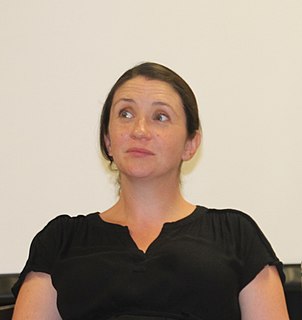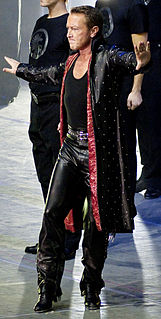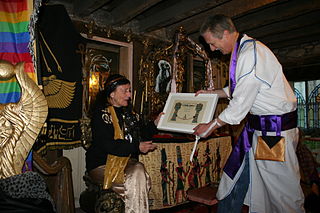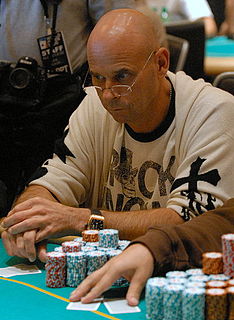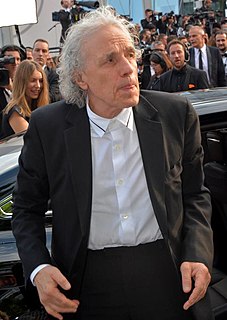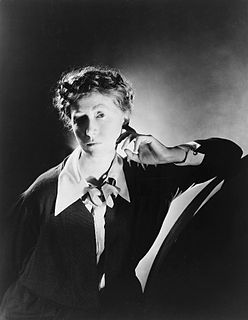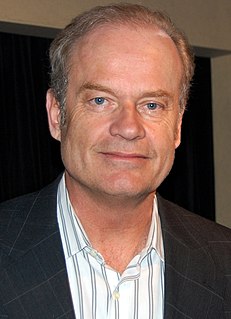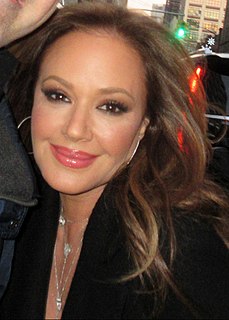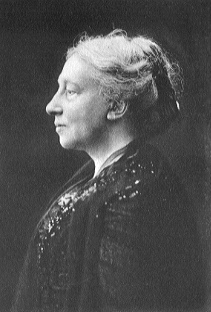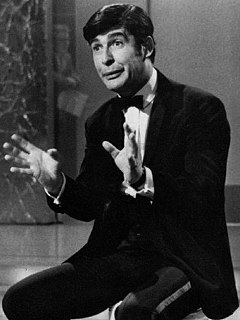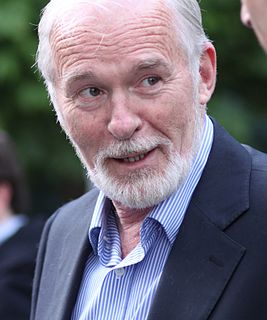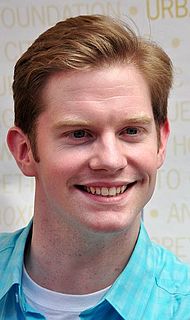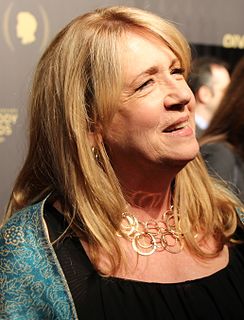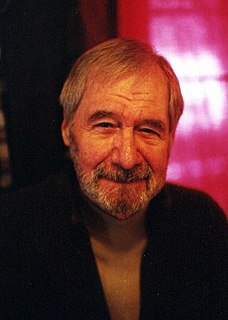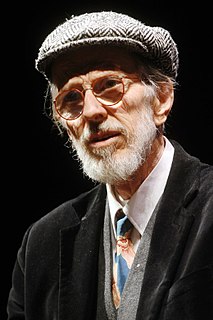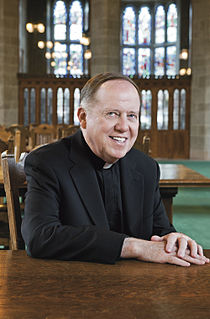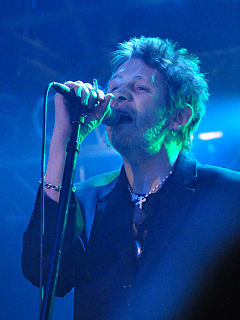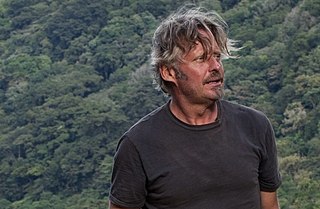Top 1200 Irish Catholic Quotes & Sayings - Page 5
Explore popular Irish Catholic quotes.
Last updated on November 15, 2024.
The difference of the English and Irish character is nowhere more plainly discerned than in their respective kitchens. With the former, this apartment is probably the cleanest, and certainly the most orderly, in the house.... An Irish kitchenis usually a temple dedicated to the goddess of disorder; and, too often, joined with her, is the potent deity of dirt.
The story wafts across the Atlantic, where it's picked up with glee by Catholic progressives and horror by some Catholic conservatives - and the battle of the blogs is on, full blast. No one bothers to ask whether there's any basis in fact for the assertion that this is going to be a "global-warming encyclical."
Irish writing is so strong that it can feel like the country has all been covered, but in fact, there are so many gaps. The small west of Ireland cities and the working classes there have almost never appeared in Irish literature, simply because those communities were never in the way of producing books.
One of the biggest problems I found with Irish politics and the economic thing was after the war, after World War II, most of the European countries started to develop economically and socially, but whatever way the Catholic church they took a grip and they almost governed the country. I mean, we were almost like a dictatorship. There is good and bad, but we experienced an awful lot of bad, especially from the institutions that taught children the Christian brothers, etc.
I hold that the beginning of modern Irish drama was in the winter of 1898, at a school feast at Coole, when Douglas Hyde and Miss Norma Borthwick acted in Irish in a Punch and Judy show; and the delighted children went back to tell their parents what grand curses 'An Craoibhin' had put on the baby and the policeman.
One of the problems that comes up time and time again seems to be this notion of being 'pure' Irish. If you are Protestant, born in the Northern part of the island and deeply into the Protestant tradition, that somehow does not make you a legitimate Irish person. Yet there is a huge British influence in parts of the South.
I was born into a working class Irish Catholic family at the brutal bottom of the Great Depression. I suppose this early imprinting and conditioning made me a life-long radical. My education was mostly scientific, majoring in electrical engineering and applied math. Those imprints made me a life-long rationalist. I have become increasingly skeptical about, or detached from, the assumption that radicalism and rationalism are the only correct perspectives with which to view life, but they remain my favorite perspectives.
People always ask me if I hate the nuns. Do I make my movies extra dirty to piss them off? I always say no, that's not the point. To a Catholic, a movie is only dirty if it makes you want to have sex more. If it makes you feel sick, disgusted, ashamed of your own body, then it's not a dirty movie at all. It's a Catholic movie. And I make very Catholic movies.
'A Naval History of Britain' which begins in the 7th century has to explain what it means by Britain. My meaning is simply the British Isles as a whole, but not any particular nation or state or our own day... 'Britain' is not a perfect word for this purpose, but 'Britain and Ireland' would be both cumbersome and misleading, implying an equality of treatment which is not possible. Ireland and the Irish figure often in this book, but Irish naval history, in the sense of the history of Irish fleets, is largely a history of what might have been rather than what actually happened.
As a citizen of Ireland I have more sovereignty over our government. Because citizens now have more ways of holding the Irish government to account, not just under Irish constitutional law, but under the European system, at Strasbourg and Brussels. This, I believe, is the benefit for individual citizens.
When I came to write my Thomas Cromwell books, I moved onto the center ground of English history, but I was never there before. I didn't feel it was my history particularly, coming from Northern Britain, being of Irish extraction, being a cradle Catholic. The image of England I grew up with felt somewhere else. There was an official England in postcards, but it wasn't one I had visited. But I decided to march onto the center ground and occupy it whether it was mine or not.
It's a beautiful religion and I wish I understood it more. No, I don't want to understand it all. It's beautiful because it's always a mystery. Sometimes I say I don't believe in God and Jesus and Mary. I'm a bad Catholic because I miss mass once in a while and I grumble when, at confession, I get a heavy penance for something I couldn't help doing. But good or bad, I am a Catholic and I'll never be anything else. Of course, I didn't ask to be born Catholic, no more than I asked to be born American. But I'm glad it turned out that I'm both these things.



